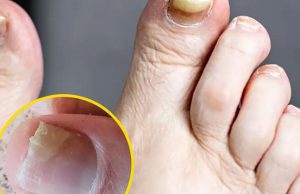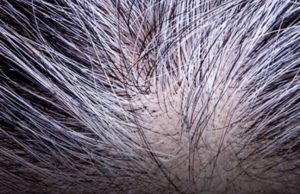If You Love Your Kidneys, Stop Eating Too Much Of These 3 Things

The kidneys’ job is to filter your blood. They remove wastes, control the body’s fluid balance, and keep the right levels of electrolytes.
Blood comes into the kidney, waste gets removed, and salt, water, and minerals are adjusted, if needed. The filtered blood goes back into the body. Waste gets turned into urine, which collects in the kidney’s pelvis — a funnel-shaped structure that drains down a tube called the ureter to the bladder.
Your kidneys can be affected with disease such as kidney stone, kidney failure, chronic kidney disease, etc. Once your kidneys are affected there stop functioning well. They will be difficulties in cleansing of blood, removal of excess fluid and waste products will become impossible, electrolyte balance will be unable to be maintain.
This leads to symptoms such as:
1. Dry and itchy skin
2. Fatigue and trouble concentrating.
3. Blood in your urine.
4. Frequent or reduced urination.
5. Foamy urine.
6. Trouble sleeping.
7. Persistent puffiness around your eyes.
8. Loss of appetite.
9. Cramping muscles.
10. Swollen ankles and feets.
They are many foods that provide nutritional benefits, but some are very disastrous to your health system when consumed in greater amount and cause more harm to your kidneys than good.
Here are some foods you should stop consumimg excessively if you love your kidneys:
1. Eating processed foods
Processed foods are rich in sodium and phosphorus. High phosphorus consumption from processed foods in people without kidney disease may be harmful to their kidneys and even bones.
Choose leaner meats like fresh roasted turkey or chicken and always opt for the low sodium, low nitrate meats.
2. Eating too much foods high in sugar
Consumimg foods high in sugar regularly makes your blood sugar levels to rise (diabetes). High blood sugar can damage the blood vessels in your kidneys. When the blood vessels are destroyed, they don’t work as well. When you have diabetes, you also develop high blood pressure, which triggers your risk for kidney disease.
3. Eating too much red meat
Limiting your level of red meat intake when you have an advanced chronic kidney disease will help reduce symptoms and slow progression to end-stage renal disease.
It’s not compulsory to totally stop consumimg red meat, but don’t always consume red meat at every meal, or use it as your main source of protein every day.




















